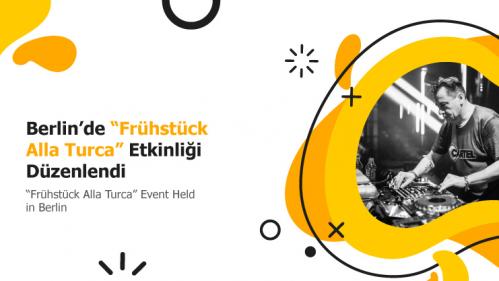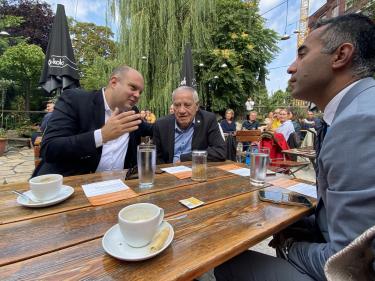“Frühstück Alla Turca” Event Held in Berlin
Frühstück Alla Turca event was held as part of the #60JahreMusik (60 Years of Music) project, implemented by the online cultural and art platform istanbulberlin with the support of Berlin Yunus Emre Institute. Rıfkı Olgun Yücekök, Consul General of the Republic of Turkey to Berlin, also attended the event that took place at Festsaal Kreuzberg in Berlin on Sunday, September 5th. The Turkish and German press showed great interest in the open-air event attended by many people.
A RICH TURKISH BREAKFAST WITH MUSIC
In the program where DJ Funshine and Başak Yavuz took part, the participants joined the DJ performance of Kabus Kerim by dancing and singing. Frühstück Alla Turca program opened at 10.00 a.m. with DJ Funshine's lively DJ set. Participants gathered at the rich Turkish breakfast table with the joy of music.
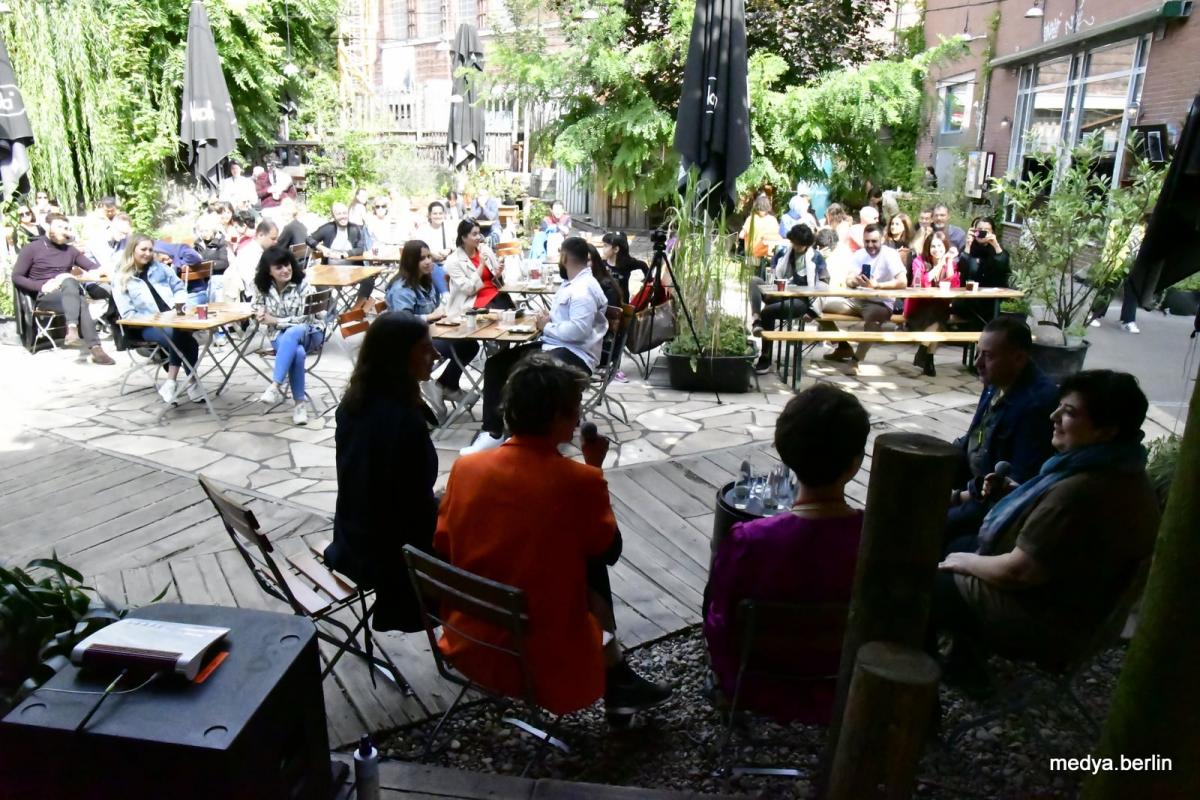
"WE LOOK FORWARD TO THE FUTURE WITH HOPE BY REMEMBERING THE BEAUTIFUL MEMORIES”
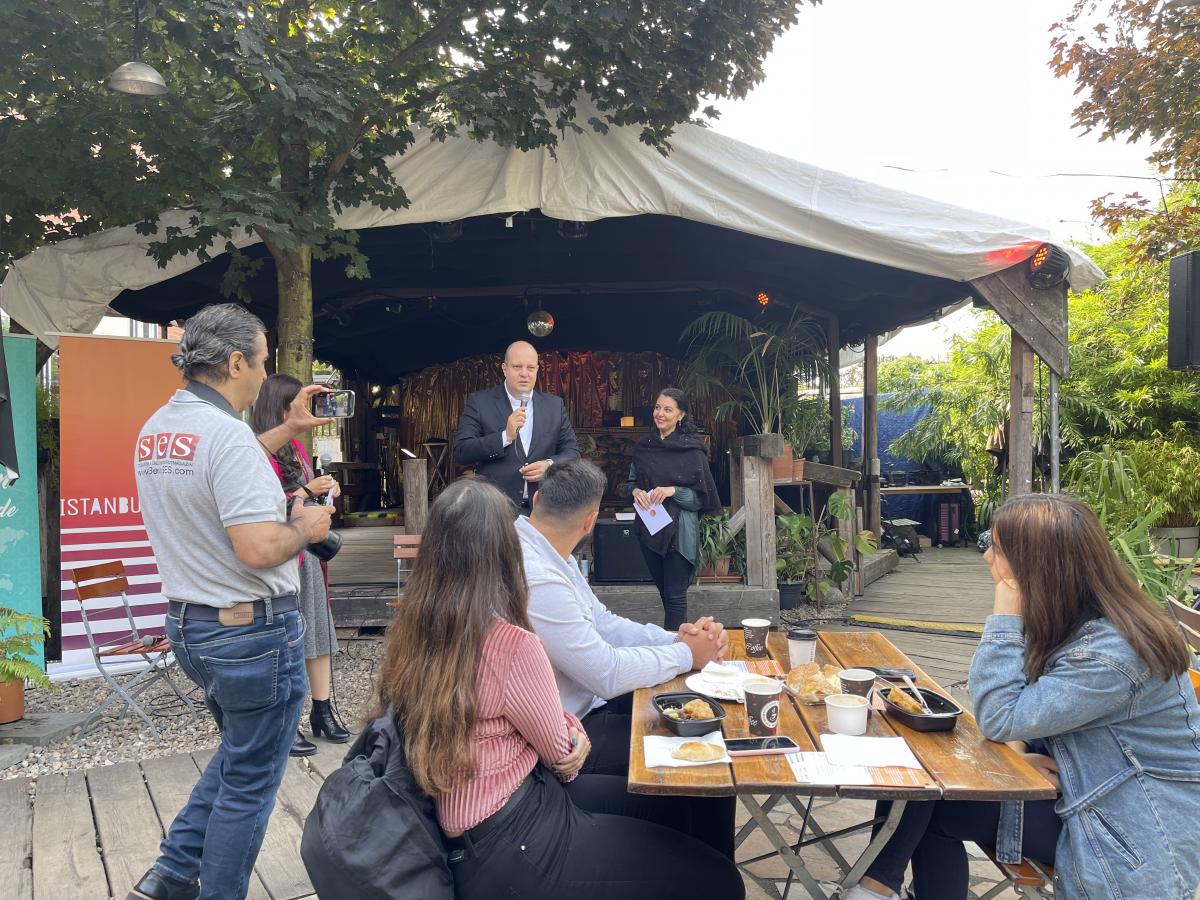
The program presented by journalist Ayşen Meliha Kahraman continued with the opening speech of Consul General Rıfkı Olgun Yücekök, in which he shared his feelings and thoughts on the “60 Years of Music” project. Consul General Yücekök said:An agreement on labor migration was signed between Turkey and Germany on October 30, 1961. Within the framework of this agreement, until 1974, many people from our country came to Germany to work. When they first arrived, they were ‘gastarbeiter’, which means, guest workers. We have now turned into a community with a population of close to three million in Germany, which is an important part of the country. We celebrate and commemorate the 60th anniversary of this together. Yes, we have a lot to celebrate, but we also have things to remember, to commemorate. Because, unfortunately, we lived Solingen in here, we lived Hanau. Therefore, we not only remember the good memories and look to the future with hope, but also remember the people who went through the hardships and pains and once again emphasize our bond with them.”

Koray Yeğnidemir, who represented Berlin Yunus Emre Institute, also gave a speech at the program. Yeğnidemir, who started his speech by greeting the guests, expressed his satisfaction for supporting this important project. Yeğnidemir said that despite the pandemic, they continue to support the projects made on the occasion of the 60th anniversary of the labor agreement signed between Germany and Turkey.
The founder of the digital culture and art platform istanbulberlin, which bridges the gap between Istanbul and Berlin, Sedef İlgiç told the story of the establishment of the platform:
““I have worked in the publishing industry for ten years. During these ten years, I have met many writers. During one of my visits to Berlin, writer Judith Kuckart said that if I ever come to Berlin to learn German, I could stay in her guest room. A few years after this conversation, when I returned to Istanbul after staying in the guest rooms of Judith and her friends in Berlin, I knew that I wanted to work in the field of culture and art between Turkey and Germany. Istanbul and Berlin are the cities that represent Germany and Turkey, are multicultural, multicolored, and nurture a culture and art environment. Istanbulberlin aims to open a space for cultural encounters by reflecting the polyphony of these cities.”
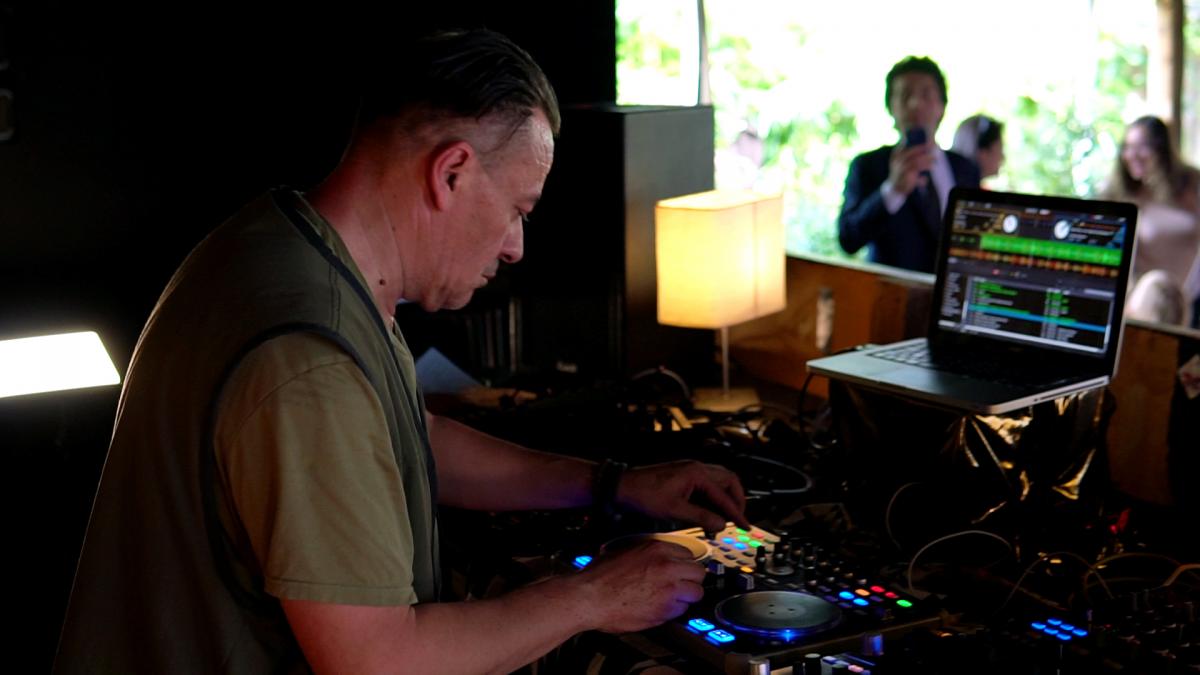
İlgiç thanked her teammates in the project and Berlin Yunus Emre Institute. She said that the first physical area for the next encounters was opened with this event and wished the guests good luck. Artist Tamer Yiğit and Kadir Albay, one of Germany's most famous piano repairers, shared their stories with the guests.
A versatile artist, Yiğit talked about how he met art and music in Kreuzberg and how he became an artist. Kadir Albay told the story of reviving Atatürk's piano. The program continued with the talk titled “Guest Workers” and the "Voice of the Wave". Under the moderation of Sedef İlgiç, Kabus Kerim and Başak Yavuz talked about building a bridge between the music of those who immigrated to Germany as guest workers and the musicians who came to Germany with the new wave of immigration. Kabus Kerim told the story of his family migrating to Germany with the following emotional words:
“My mother came to Germany in 1972. She had a heart surgery in 2009, her state in the hospital still makes me emotional." Many of us have such stories in our families. She came here perfectly healthy as a teenager, gave her life here by working. At that time there was nothing I could do for my mother's health, I was so helpless. Since it was music that kept us from breaking bad in our youth, it occurred to me to collect the music of my mother's youth time and make a remix. I called my work ‘Funk to My Mother’ and gave it to her as a gift. Thus, the interest in the “gastarbeiter groove” (guest worker music) increased, and this remix was a medicine to many people.”
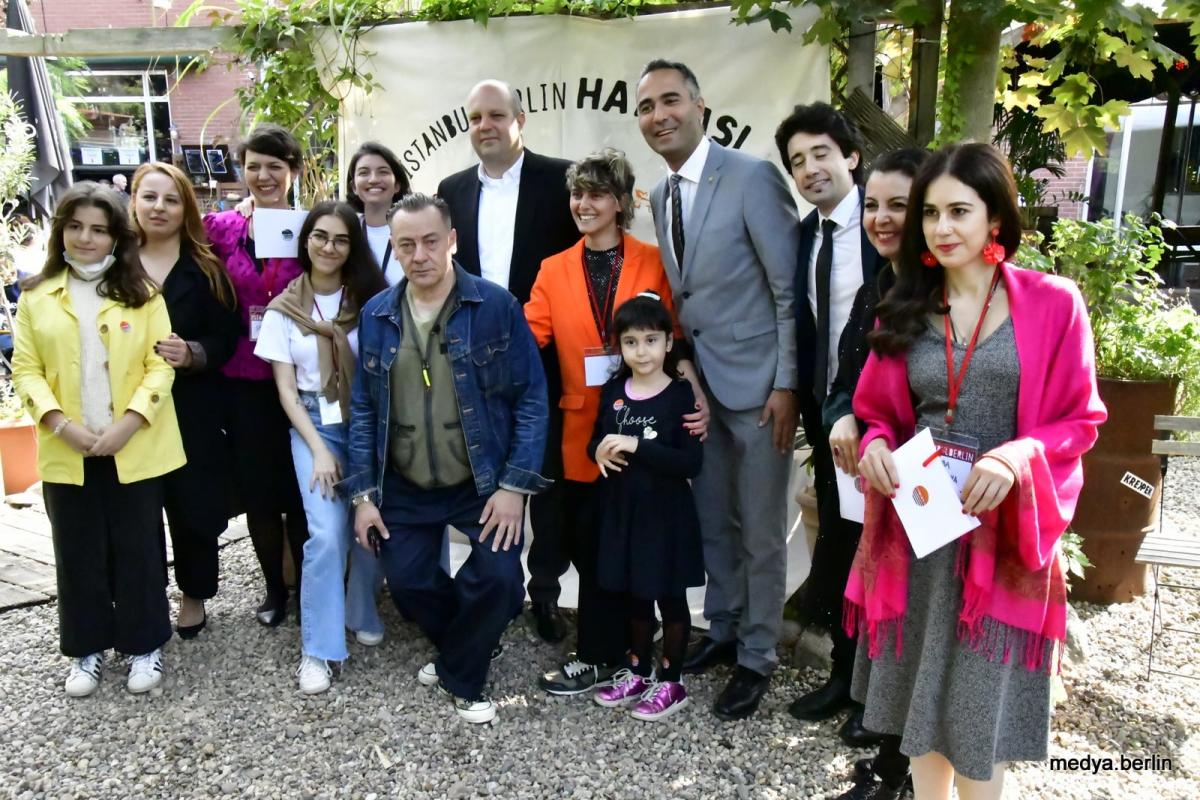
Başak Yavuz, on the other hand, spoke as a musician who had just moved to Berlin: “I lived in Harlem for a few years to get to know the music of that place well on my New York adventure. So, I had the opportunity to get to know the pain that gave rise to that music. Walking through the streets of Kreuzberg today, I feel a little bit in Harlem. I'm thinking about the lives that made up this culture. But this time I am not an outside observer like I was in Harlem, I am a part of this culture. Therefore, I started to feel closer to the music I was performing. That's why I greet those who came from Turkey and created and shared this culture here."
Kabus Kerim closed the program with DJ sets that he added to Anatolian pop, psychedelic Turkish music and “gurbet” (absence from home) songs. The program ended with the guests dancing and singing together.
REFLECTIONS OF THE 60-YEAR MIGRATION STORY ON MUSIC
“60 Years of Music” project reads through music with the last 60 years of migration from Turkey to Germany, on the occasion of the anniversary of the labor agreement signed between Turkey and Germany on October 30, 1961. The project aims to open space for cultural dialogue by re-reading the history of migration from different perspectives through the universal language of music, on the 60th anniversary of worker migration from Turkey to Germany. Within the scope of the project, short migration stories related to music will be published, including interviews with a series of articles. Events to be held in Istanbul and Berlin will be broadcast live and video content related to the events will be produced. In the second phase of the project, it is planned to publish a podcast series and a prestige book. Almost all content will be in Turkish and English, and some content will be in German in the 60JahreMusik category on istanbulberlin's website. Musicologists, music critics and musicians will contribute to the project, which covers many different music genres from folk music to hip hop. Project will be introduced to the young generations with its colorful content.

